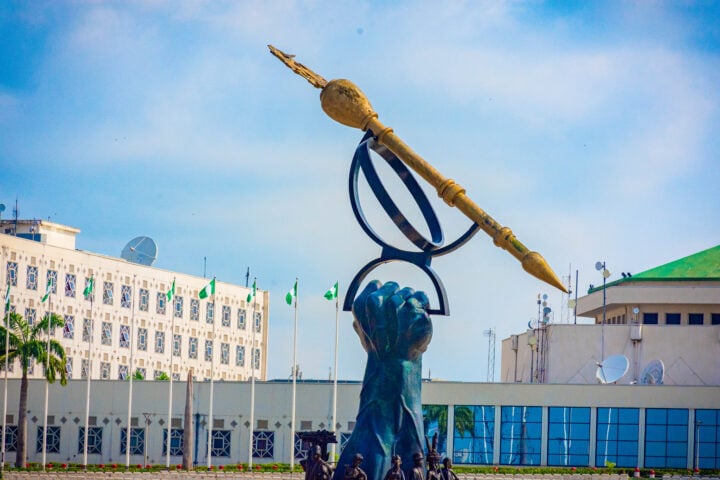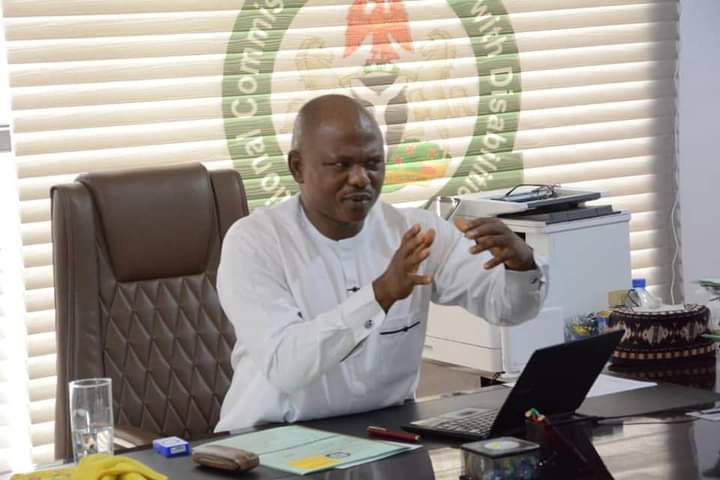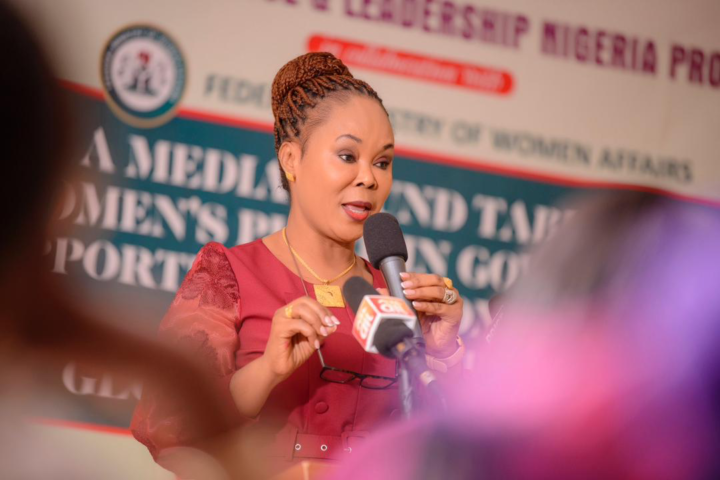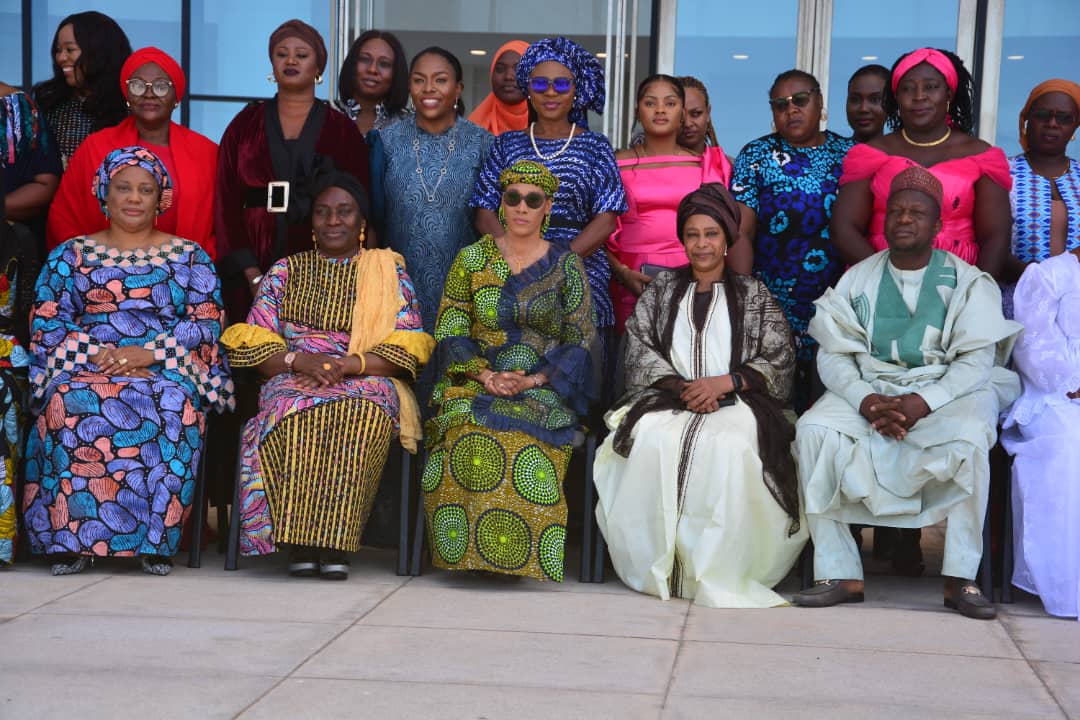The national assembly
Ipas Nigeria Health Foundation has asked lawmakers to review restrictive abortion laws in the country that continue to endanger the lives of young girls and women.
In a statement released on Thursday to mark the “International Safe Abortion Day”, Ipas noted that unsafe abortions contribute between 13% and 30% to maternal mortality in Nigeria.
“Every 6 in 10 abortions are unsafe in Nigeria, leading to death, morbidity and fertility issues for women. In Nigeria, the restrictive abortion law promotes unsafe abortion in the country,” the statement reads.
Ipas compared Nigeria to other West African countries like Ghana and Benin Republic, who have amended their abortion laws to promote safe services for women, noting that the maternal mortality rates in those nations have drastically reduced.
Advertisement
“Reducing unsafe abortion is a low-hanging fruit to addressing maternal mortality in Nigeria,” the statement added.
“We implore the Government of Nigeria to expand legal indications for abortion access to reduce maternal mortality in Nigeria.
“Nigeria is a signatory to most international and regional legal frameworks such as CEDAW and the Protocol to the African Charter on Human and Peoples Rights on the Rights of Women in Africa (Maputo Protocol).
Advertisement
“These conventions and protocols guarantee the Sexual Reproductive Health and Rights of women and girls, but Nigeria is yet to domesticate and operationalize them.”
Lucky Palmer, country director of Ipas Nigeria Health Foundation, said pregnancies, especially from rape or incest, could be traumatising for mothers.
“Should women continue to die from unsafe abortions? Or do we want to hold the government accountable for changing our abortion laws?” Palmer asked.
“A woman should have the right to have an abortion safely, not only when her life is in danger, especially when the pregnancy results from rape or incest.”
Advertisement
The country director expressed optimism that change can be created in Nigeria and called for citizens to join the “movement in challenging our laws to create safe and legal access to abortion, therefore protecting women from dying from unsafe abortions in Nigeria”.






